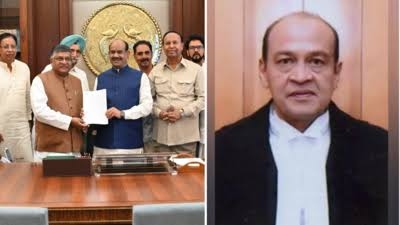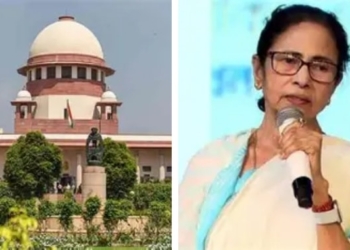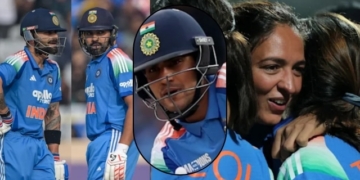In an unprecedented move, the Indian Parliament on Monday initiated impeachment proceedings against Justice Yashwant Varma, the former Delhi High Court judge embroiled in a sensational cash-at-home scandal.
A memorandum backed by 145 MPs from both the ruling BJP and opposition parties, including Congress and CPI(M), was submitted to Lok Sabha Speaker Om Birla, marking a rare instance of political consensus in Parliament. Among the notable signatories were Rahul Gandhi, Supriya Sule, and Anurag Thakur.
The impeachment motion follows the discovery of burnt stacks of ₹500 currency notes in the outhouse of Justice Varma’s government-allotted bungalow in March. The incident triggered widespread outrage and prompted a Supreme Court-appointed in-house panel, which recommended his removal based on “credible evidence.”
Justice Varma, who has since been repatriated to the Allahabad High Court and stood down from active duty, has vehemently denied the allegations. He has termed the charges “preposterous” and alleged a conspiracy, claiming that neither the Chief Justice nor the Supreme Court holds disciplinary authority over High Court judges.
Despite his objections, including a petition to the apex court challenging the panel’s findings, the impeachment process is now formally underway under Articles 124, 217, and 218 of the Indian Constitution. This is governed by the Judges Inquiry Act of 1968, although the Constitution itself does not explicitly use the word “impeachment”.
If successful, this would be the first time in independent India’s history that a High Court judge is impeached, setting a precedent for judicial accountability.
The 64-page inquiry report submitted by former Chief Justice Sanjiv Kumar to President Droupadi Murmu and Prime Minister Narendra Modi played a pivotal role in advancing the motion. It emphasized that Justice Varma and his family had access to the location where the cash was found.
As Parliament proceeds with the inquiry, legal and political observers are closely watching what could become a landmark moment in Indian judicial history.





























